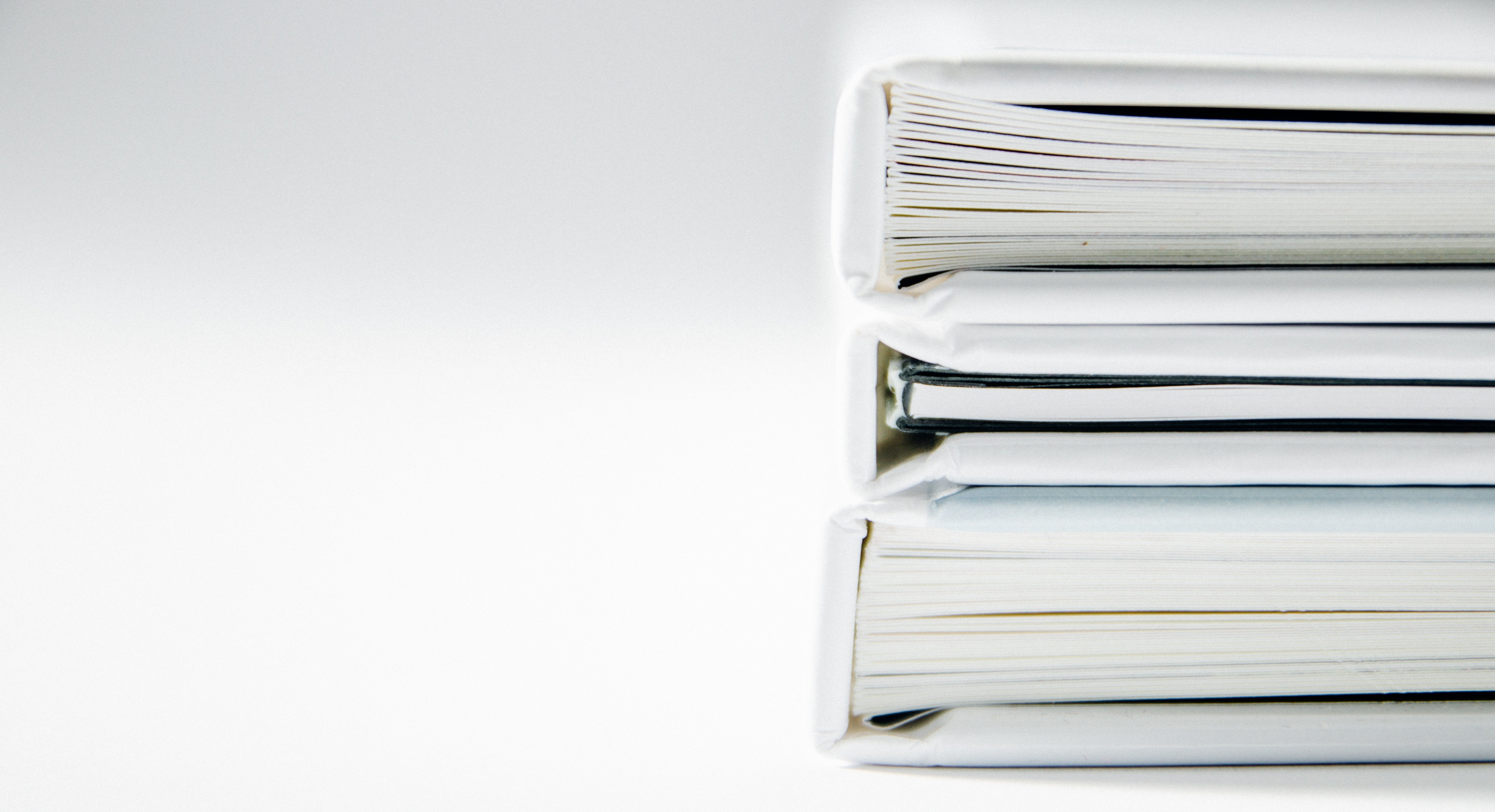Written By: John McLeish and Joe Gaynor, Student-at-Law
Examination for discovery is one of the most important steps in the litigation process. Examination for discovery allows a party in a civil case to examine, under oath, the opposing party orally before trial. In the vast majority of cases, examinations for discovery are the only times both the plaintiff and the defendant have to perform. Cases are won and lost at trial based on what happens at examinations for discovery. Counsel for both parties can significantly influence the outcome of the case by thoroughly preparing their respective clients and knowing what questions to ask the opposing party. This two part series will discuss the goals of examination for discovery and the uses of discovery evidence at trial.
The goals of counsel at an examination for discovery of an opposing party, whether you act for the plaintiff or defendant, are as follows:
- To understand the nature of the other side’s case.
- To obtain a preview of the documentary evidence.
- To gain admissions for use at trial.
- To commit a party to his or her testimony.
- To fix and narrow the matters in issue.
- To gain a sense of the personalities of the opposite parties who will be attending at trial.
If you were to ask defence counsel what another goal is, many will tell you that the most important goal is to obtain answers that will make the plaintiff’s credibility an issue in the case. Consequently, plaintiff’s counsel must attempt to keep their clients credibility out of the case. Why do both parties have goals on the issue of credibility? The answer is simple – any case is a much different animal if the plaintiff’s credibility is an issue, compared to if it is not.
Credibility is simply that quality in a witness which renders his or her evidence worthy of belief by a judge or jury. Without being thoroughly prepared for discoveries, most plaintiffs will hurt themselves on credibility issues. If this happens, it is usually the lawyer’s fault for inadequate preparation. The following is a list of areas where the plaintiff’s credibility can be made an issue:
- Pre-accident health history.
- Post-accident injuries and symptoms.
- Pre- and post-accident prescription medication.
- Pre-accident work history.
- Pre-accident academic history.
- Surveillance.
- Social Media.
A weak performance by a plaintiff at his or her examination for discovery can seriously damage the person’s credibility and ultimately, the entire claim. Choosing a skillful, experienced, and knowledgeable personal injury lawyer will help ensure the above noted goals are achieved.
If you or someone you care about has suffered a serious injury, contact one of the critical injury lawyers at McLeish Orlando LLP for a free consultation.






